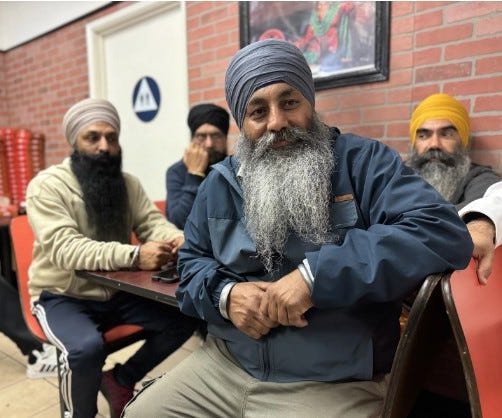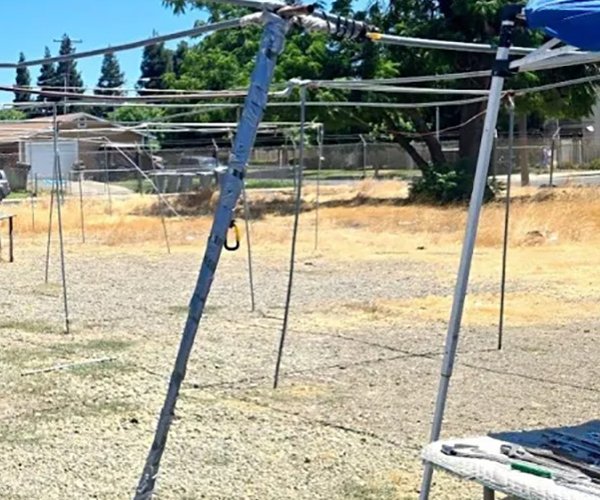Members of the Turlock City Council squared off Tuesday evening, disagreeing on whether a $100,000 security deposit should be returned in whole or part to the Carnegie Arts Center Foundation.
Per the terms of the lease agreement for the Carnegie Arts Center, built by the City of Turlock for $6.7 million, the foundation was required to place a $100,000 security deposit with the city. Eight months after the center’s reopening, the foundation requested the deposit be returned.
Rebecca Abbott, executive director of the foundation, said the Carnegie Arts Center was meeting “nearly every one” of the performance standards included in the lease agreement. The foundation has raised $1.9 million in endowment funds since opening, welcomed more than 15,000 visitors, and made money on every exhibition thus far.
But a number of start-up costs, from furnishings to marketing efforts in search of endowment donations, have put a strain on the Carnegie’s unrestricted reserves. The return of $100,000 in unrestricted funding would allow the foundation to deal with cash-flow issues, Abbott said.
“We want a reserve of unrestricted cash to allow us to pursue options that we anticipate will more than pay for themselves when the event has concluded,” Abbott said.
Abbott went on to say that they were unable to find any other non-profit which was required to make such a “steep” performance security deposit.
But Councilmember Amy Bublak expressed concern with returning the deposit before the Carnegie had completed even its first year of operation. Bublak cited the ongoing costs of landscaping, taxes, and basic utilities that the city would be stuck paying, should the foundation vacate the Carnegie.
“We have standards and we all made agreements,” Bublak said. “We already violated our agreement – willingly – to give money back from the endowment,” she continued, referencing the more than $500,000 returned to the foundation endowment from a donation initially intended to help finance construction.
Bublak feared that returning the deposit could also set a dangerous precedent, encouraging other entities to return to the City of Turlock to renegotiate previously agreed-to contracts.
Bublak said she would be comfortable with returning some of the deposit, but only after a planned September annual report on the Carnegie’s performance. Councilman Bill DeHart echoed Bublak’s position, saying he was “essentially in favor” of returning funds, but not yet.
Vice Mayor Mary Jackson, however, was in favor of returning funds to the foundation on Tuesday, stating that she wished to give the Carnegie Arts Center the tools it needed to succeed.
“It was not built for a non-profit to run,” Jackson said. “It was built for this community to use to the best of our ability. It is a city-owned building.”
Jackson also disagreed with the terms of the foundation’s operating agreement, stating that she was “embarrassed” with how the Carnegie was built.
Councilman Forrest White advocated a middle path, returning a portion of the deposit while waiting on an annual report.
“I’d just assume get some money out to them, but not the majority,” White said.
Mayor John Lazar recused himself from participating in Tuesday’s decision as his wife, Nelly Lazar, sits on the Carnegie Foundation board.
Bublak made a motion to revisit the issue in September and, should the annual report meet council’s approval, return $80,000 of the deposit, retaining $20,000 in case of emergencies. That motion gained a second from DeHart, but did not pass due to opposition from Jackson and White.
White then made a compromise proposal, suggesting Turlock return $20,000 of the security deposit while waiting for September’s annual report to decide how to handle the remaining $80,000. That motion drew unanimous support from council.
The $20,000 won’t fully alleviate the foundation’s cash flow issues, Abbott said, but is still appreciated.
“It’s better than nothing, that’s for sure,” Abbott said.








